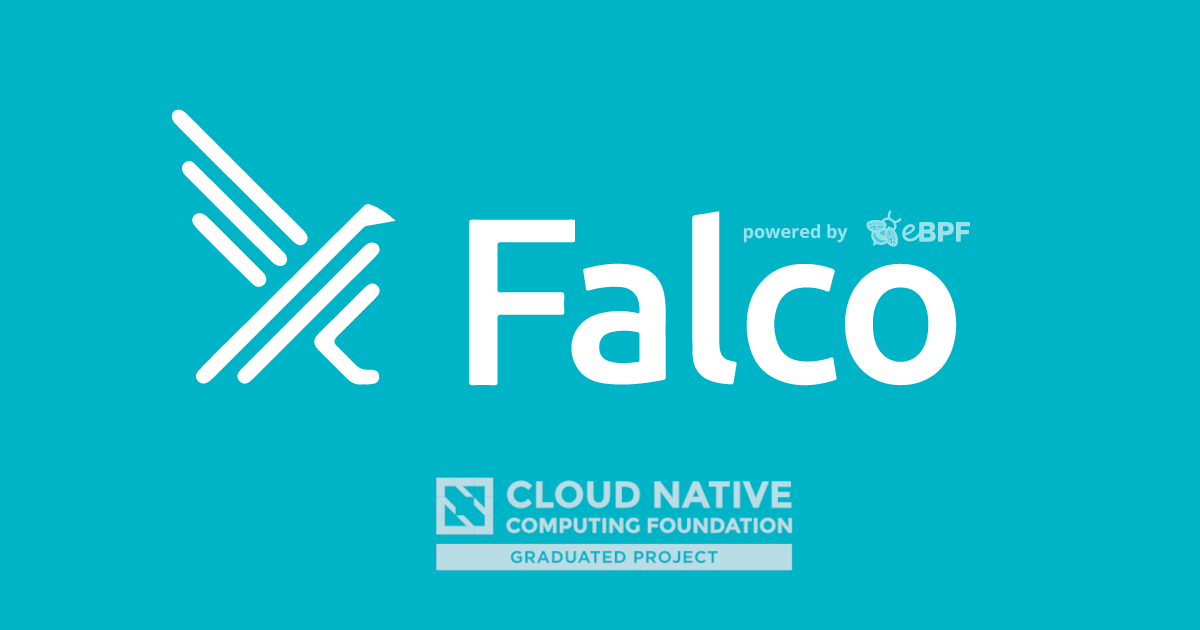
Falco 0.23.0 a.k.a. "the artifacts scope release"
Another month has passed and Falco continues to grow!
Today we announce the release of Falco 0.23 🥳
Wondering why this release is called "The Artifacts Scope" release? Please read more here.
You can take a look at the whole set of changes here:
In case you just want to try out the stable Falco 0.23, you can install its packages following the usual process outlined in the docs:
Do you rather prefer using the docker images? No problem!
docker pull falcosecurity/falco-no-driver:latest # The most recent version
docker pull falcosecurity/falco-no-driver:0.23.0 # A specific version of Falco such as 0.23.0
docker pull falcosecurity/falco-driver-loader:latest # The most recent version of falco-driver-loader with the building toolchain
docker pull falcosecurity/falco-driver-loader:0.23.0 # A specific version of falco-driver-loader such as 0.23.0 with the building toolchain
docker pull falcosecurity/falco:latest # The most recent version with the falco-driver-loader included
docker pull falcosecurity/falco:0.23.0 # A specific version of Falco such as 0.23.0 with falco-driver-loader included
Please be aware that: we now recommend that instead of using falcosecurity/falco:latest directly, you use the falcosecurity/falco-driver-loader image first, then
use the falcosecurity/falco-no-driver:latest. The falcosecurity/falco:latest is going nowhere, we just want to provide a way to do the same thing but splitted into two separate processes
to lower the attack surface of the running Falco container. Read more about the images reorganization here.
Breaking Changes
- Both in the packages and in the
falco-driver-loaderscript now the kernel module and eBPF probe are referenced asfalco.koandfalco.orespectively, before they werefalco-probe.koandfalco-probe.o. In the case of Falco installed using the kernel module this can lead to a duplicated module loaded given that the names are different. Make sure you don't have a duplicated module by - The falco-driver-loader script environment variable to use a custom repository to download drivers now uses the DRIVERS_REPO environment variable instead of DRIVER_LOOKUP_URL. This variable must contain the parent URI containing the following directory structure
/$driver_version$/falco_$target$_$kernelrelease$_$kernelversion$.[ko|o].
Rules update (yay yay! We always improve the default ruleset!!)
- rule(Redirect STDOUT/STDIN to Network Connection in Container): correct rule name as per rules naming convention
- rule(Redirect STDOUT/STDIN to Network Connection in Container): new rule to detect Redirect stdout/stdin to network connection in container
- rule(K8s Secret Created): new rule to track the creation of Kubernetes secrets (excluding kube-system and service account secrets)
- rule(K8s Secret Deleted): new rule to track the deletion of Kubernetes secrets (excluding kube-system and service account secrets)
Some statistics
35 pull requests merged in, 18 of which containing changes directly targeting our end-users.
72 commits since past release, that was a month ago.
Upcoming things
We are about to merge support for unix sockets in the Falco gRPC API with #1217, more importantly during this release cycle the community made a decision about adopting pdig as a repository (learn here what this means). pdig will allow Falco to run completely in userspace. This is very useful when Falco is deployed in environments where it's not possible to load a kernel module or an eBPF probe. Our community members, already created two projects that can be used to deploy Falco with pdig as a driver, falco-trace and falco-inject. We will look forward to adopting them or making different decisions.
See you next month with many more fabulous things!
